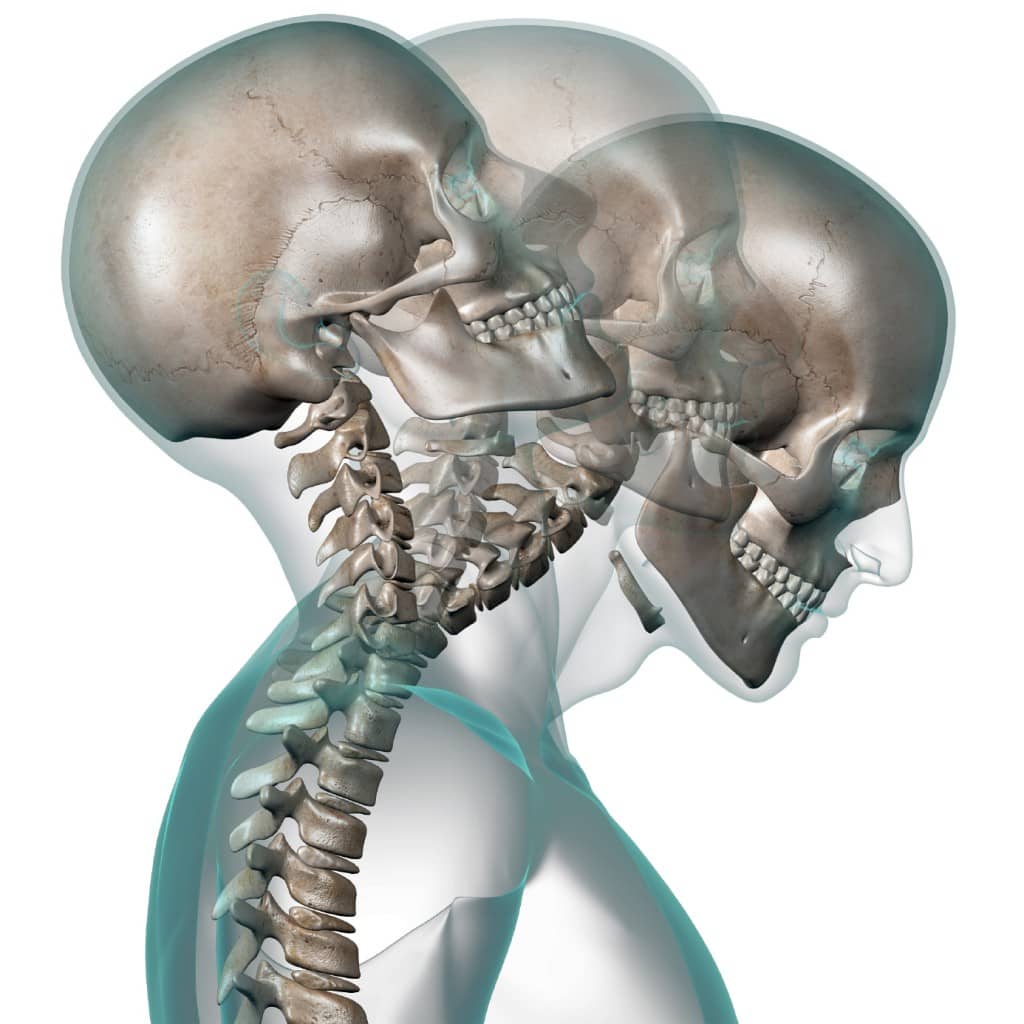Increased Risk of Drowsy Driving Accident
Data from the CDC shows drivers between the ages of 16 and 24 years are 80 percent more likely to be in a drowsy driving accident.
Most of us remember our high school years with a combination of fond nostalgia and shuddering relief not to be there anymore. Along with the emotional highs and lows, and the pressures of school balanced against the stresses of home and social life, a prominent memory for many is being hustled out of bed by a parent or sibling, and racing the clock to get to school on time. It’s easy to look back on those early mornings (and the late nights of studying that preceded them) as a teenage rite of passage. But doctors and researchers are finding that those early mornings are actually symptomatic of a real problem, one that poses real dangers to the future of students and their community.
Dangers of Sleep Deprived Driving for Teens
Sleep-deprived teens are susceptible to many different ills. Poor performance in school, behavioral problems at home, and chronic health symptoms over time are just a few of the results from high school students getting too little sleep.
Beyond the damage to just themselves and their families, sleep deprived teens pose a threat to the safety of their local community. CDC data shows that drivers between the ages of 16 and 24 years are 80 percent more likely to be in a drowsy driving accident, and a 2023 National Sleep Foundation survey found that in their first 2 years of driving, 1 in 6 teen drivers have already gotten behind the wheel while drowsy.
The effects of sleep deprivation on driving are comparable to those of alcohol intoxication, with both impairing reaction times and decision-making abilities. This impared driving leads to an increase in accidents, contribute to the number of motor vehicle crashes, making it the leading cause of death for teens in the U.S.
These drowsy driving rates are linked to the demanding schedules in most U.S. high schools. According to a 2014 study, teen drivers who start class earlier in the morning are involved in significantly more motor vehicle accidents than those with later start times. In addition, teenage drivers are found to have the highest risk for falling asleep at the wheel.
Get a Good Night’s Sleep
Doctors agree that teenagers have a higher requirement for sleep than adults, due to the physical demands of adolescence. Puberty brings a lot of changes that tax the body’s energy reserves, from growing muscles and limbs to the emotional ups and downs caused by changing hormone levels.
Another factor is changing circadian rhythms; researchers have found that the human body’s internal clock shifts about two hours later during adolescence. This means that a teenager suddenly finds it hard to fall asleep before 11:00pm; combine that with an average school start time of 7:59am, and you have a sleep deficit that only grows as the school year progresses. Long weekend lie-ins only make this sleep deficit worse, since the body is unable to establish a proper sleep schedule with irregular hours.
Since lack of sleep significantly increases teens’ risk for drowsy driving accidents, it is vital that parents help teenagers understand their biological need for sleep, and support them in making choices that protect not only their safety, but also that of others on the road. Along with improving teenagers’ mental, physical and emotional health, helping your high school student get adequate sleep is an important way to maintain the safety of your community.







